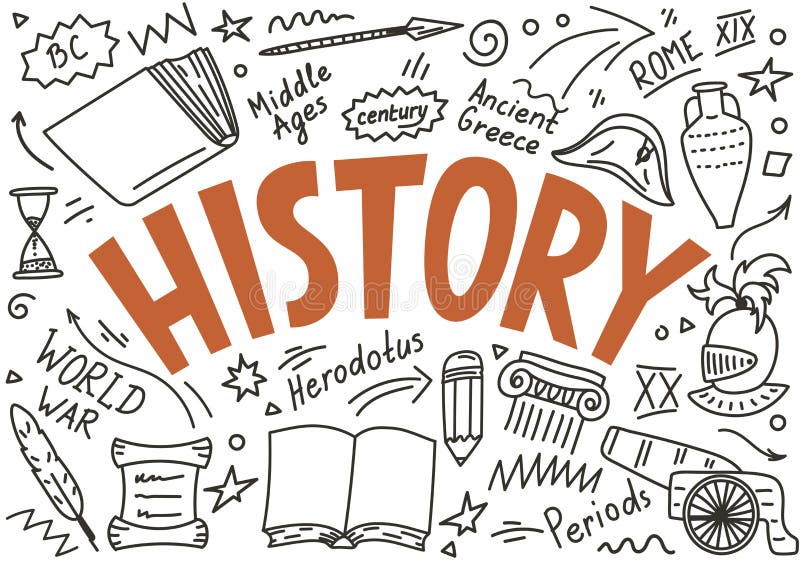History
Curriculum Lead: Mrs S. Harvey

History Vision
At Brierley Hill Primary School, our History curriculum will help pupils gain knowledge and understanding of Britain's past and that of the wider world. As a school, we believe that high-quality History lessons encourage critical thinking skills, the ability to weigh evidence, sift arguments and allows pupils to develop perspective and judgement. Our History curriculum will also enable children to gain a sense of their own identity within a social, political, cultural and economic background.

Detailed below is an overview of what your child will learn in History through each of the key stages:
EYFS
In the Early Years Foundation Stage, children will talk about past and present events in their own lives and in the lives of their family members. They know that other children don't always enjoy the same things and are sensitive to this. They know about similarities and differences between themselves and others, and among families, communities and traditions.
Key Stage 1
In Key Stage 1 children will develop an awareness of the past. They will learn about significant individuals who have contributed to national and international achievements. Children will also learn about significant historical events within the local area. They will also study changes within living memory as well as events beyond living memory that are nationally or globally significant such as Guy Fawkes and The Gunpowder Plot. Their learning will be placed within a chronological framework.


Key Stage 2
In Key Stage 2 children will continue to appreciate history in a chronological context. They will develop a secure understanding of British, local and world history. Additionally, in upper key stage 2 they will study a range of time periods such as Ancient Greece, whilst in lower key stage 2 they will study Ancient Egypt and The Mayans. Children will consider connections, contrasts and trends over time and develop the appropriate use of historical terms. They will also learn to understand how our knowledge of the past is constructed from a range of different sources and spend time looking at, and dealing with, different sources.



Progression will be assessed through evaluation of your child’s written work, consideration of their responses and contributions to discussions, alongside an end of unit quiz.

Remembrance Day
To commemorate Remembrance Day we created paintings, poppies and poetry! Have a look at the wonderful work the children have produced.
Year 6


Year 5


Year 4


Year 3

Year 1


Reception






Nursery


VE Day!

Victory in Europe Day, marks the day towards the end of World War Two when fighting against Nazi Germany came to an end in Europe. This year VE Day is Friday, 8th May. To mark the 75th anniversary of VE day, here are some suggested activities for you to complete at home.

Once you have completed your task, take a picture and post it on the school Facebook page on Friday 8th May. We can't wait to see your VE inspired pictures!

History Trips
In year 1, they visited the Black Country Living museum which was linked to their 'Toys Past and Present' unit of work. They had the chance to explore some old toys as well as new toys. Children thought carefully about the materials that the old toys were made from and how they were similar or different to modern day toys.
They also enjoyed a tour around the museum and got to visit lots of people in the old houses. The man in the toy shop told them even more about the old toys and how they must be careful with them because they are fragile.





In year 3, as part of their 'Prehistoric Britain' unit of work, children visited Sarehole Mill. Here, they explored what life was like in the Stone Age and Bronze Age. They also looked at Prehistoric art and how Prehistoric people creating paintings. Children also learned how to make their own paintbrush using natural materials, before creating a class picture and individual charcoal drawings.





